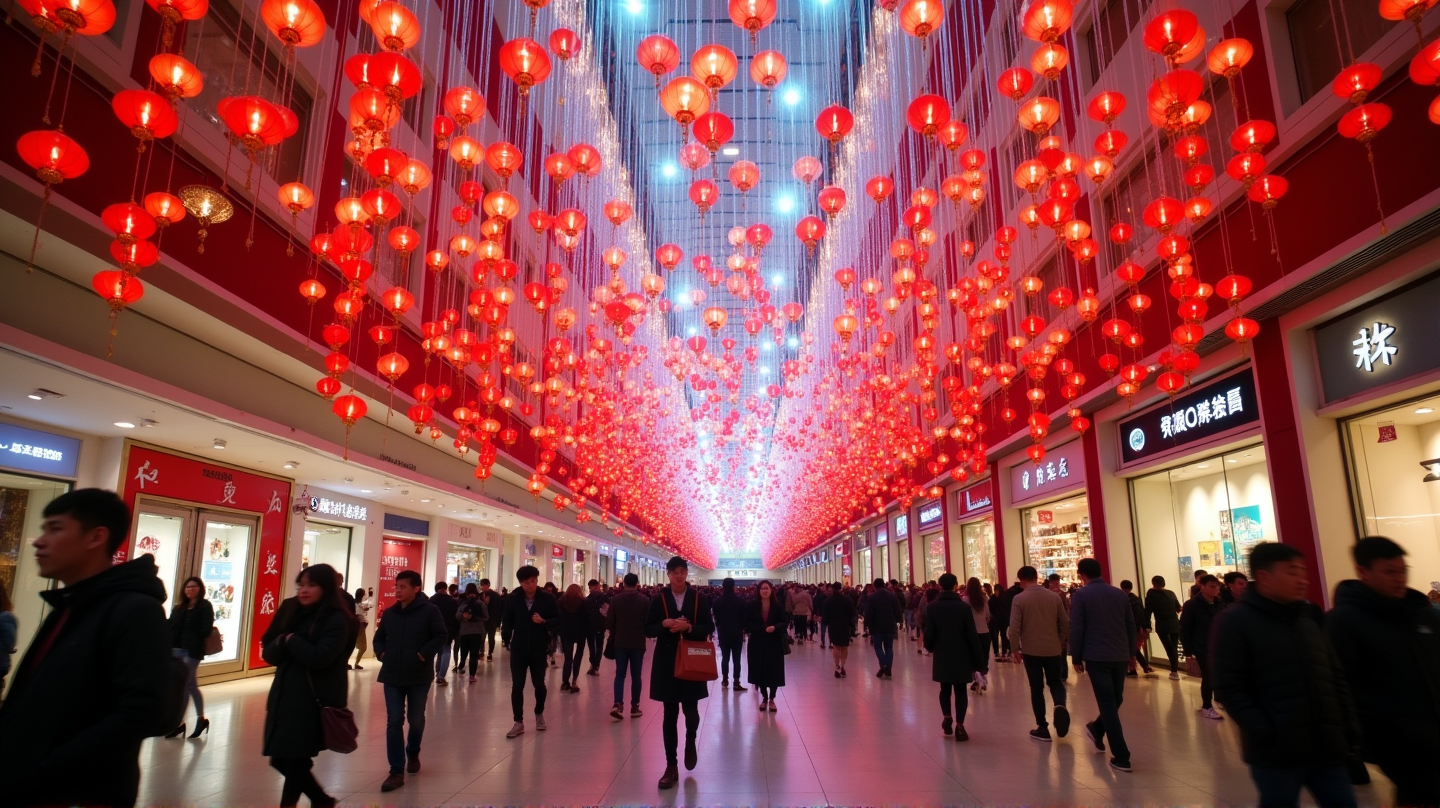The Expanding Landscape of Singles’ Day
Every November 11, China transforms into a shopper’s paradise, bursting with discounts and deals, as Alibaba’s ‘Singles’ Day’ ignites the country’s retail sector. Since its inception in 2009 as a one-day event for singles to treat themselves, this shopping extravaganza has burgeoned into a massive festival that tests the mettle and strategy of brands and consumers alike.
A Mirror to Economic Challenges
Yet beneath the festive veneer lies a deeper story of economic strategies and adaptations. According to AP News, this year’s Singles’ Day began in early October, a strategic play as online giants like Alibaba and JD.com grapple with a sluggish domestic consumer economy. The prolonged festival is an attempt to stimulate consumer spending amidst growing concerns over the country’s economic health.
The Fragile Consumer Confidence
Despite the vibrant sales pitches, consumer confidence remains tepid. Alice Zhang, a 29-year-old marketer from Guangzhou, exemplifies this trend. Her cutback from last year’s spending is not an anomaly but rather a reflection of broader economic pressures weighing on the average Chinese household’s expenditure.
The Hunting Ground for the Cost-Conscious
Rarely has the notion of “savings” seemed as widespread among Chinese consumers as during this year’s Singles’ Day. Consumers like Sonia Song are investing more time in comparing prices and scouting for genuine discounts. The landscape has shifted to where necessity dictates purchases, pushing luxurious splurges further down the list.
Government Influence & Economic Strategies
The Chinese government’s interventions further complicate the Singles’ Day saga. Rebates offered for trading in home appliances subtly shift consumer focus away from impulsive online buys, further affecting retail dynamics. Meanwhile, e-commerce behemoths have begun courting Southeast Asian markets like the Philippines and Vietnam, as international expansions become a necessity amid US tariff changes.
Future Outlook
While some enthusiasts continue to indulge in beauty products and gadgets, many, like Gao Liang from Beijing, cautiously navigate this terrain with tighter budgets. Analysts speculate that the future trajectory of Singles’ Day could very well serve as a vital indicator for understanding post-pandemic recovery and consumer moods.
This year, as Singles’ Day unfurls its allure across China and beyond, it remains to be seen whether it captures the essence of its origin as a consumer celebration or projects the reality of economic introspection.
